All Formats & Editions

Utilitarianism: And the 1868 Speech on Capital ...

Utilitarianism
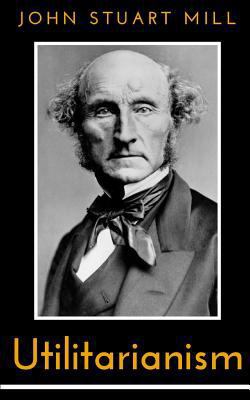
Utilitarianism
There are few circumstances among those which make up the present condition of human knowledge, more unlike what might have been expected, or more significant of the backward state in which speculation on the most important subjects still lingers, than the little progress which...

Utilitarianism: the morality of happiness
Born in 1806, John Stuart Mill was a prodigy: at six he had had written a history of Rome and by eight he was reading both Plato and Sophocles in the original Greek. Open-minded and magnanimous, in early adulthood John Stuart Mills was far ahead of his time, espousing just...
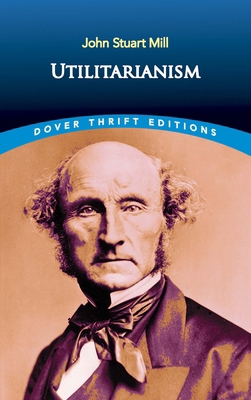
Utilitarianism
How do we decide what is "good" and what is "bad"? According to the ethical theory of Utilitarianism, to do good is to "always perform that act, of those available, that will bring the most happiness or the least unhappiness." By far the most widely read introduction to this...

Utilitarianism: With Related Remarks from Mill'...

Utilitarianism (Annotated)

Utilitarianism
Utilitarianism is John Stuart Mill's classic discourse and defense of utilitarian ethics. The work has three main aims; to explain what utilitarianism is, to argue that it is the best theory for ethics, and to defend it against criticisms that Mill believed it would receive.Mill...
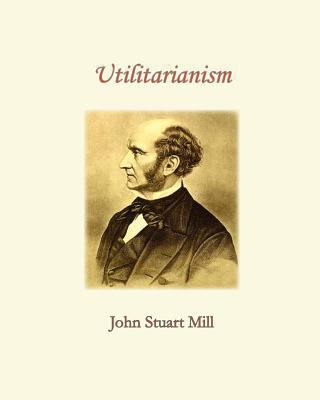
Utilitarianism

Utilitarianism
Mill's Utilitarianism is one of the most important, controversial, and suggestive works of moral philosophy ever written. Mill defends the view that all human action should produce the greatest happiness overall, and that happiness itself is to be understood as consisting in...

Utilitarianism: And the 1868 Speech on Capital ...

Utilitarianism

Utilitarianism - Ed. Heydt

Utilitarianism
Mill's Utilitarianism is one of the most important, controversial, and suggestive works of moral philosophy ever written. Mill defends the view that all human action should produce the greatest happiness overall, and that happiness itself is to be understood as consisting in...

Utilitarianism
Utilitarianism John Stuart MILL (1806 - 1873) John Stuart Mill's book Utilitarianism is one of the most influential and widely-read philosophical defenses of utilitarianism in ethics. The essay first appeared as a series of three articles published in Fraser's Magazine in 1861;...
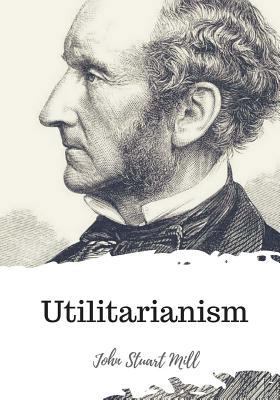
Utilitarianism
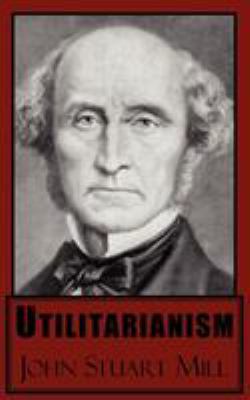
Utilitarianism

Utilitarianism
John Stuart Mill's book Utilitarianism is a philosophical defense of utilitarianism in ethics. The essay first appeared as a series of three articles published in Fraser's Magazine in 1861. Utilitarianism is the idea that the moral worth of an action is determined solely by its...
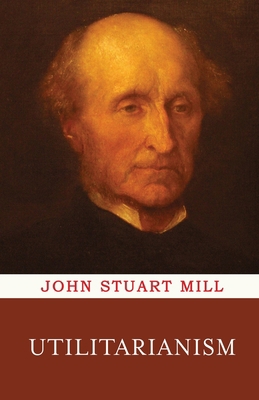
Utilitarianism
Utilitarianism brilliantly expounds a pragmatic ethic based on one controversial proposition. Mill believed that happiness was the only thing humans do and should desire for its own sake. Since happiness is the only intrinsic good, and since more happiness is preferable to less,...

Utilitarianism
Introduction to Utilitarian philosophy

Utilitarianism

Utilitarianism - Ed. Bailey
Utilitarianism is a classic work of ethical theory, arguably the most persuasive and comprehensible presentation of this widely influential position. While he didn't invent utilitarianism, John Stuart Mill offered its clearest expression and strongest defense, and he expanded...

Utilitarianism: With Related Remarks from Mill'...
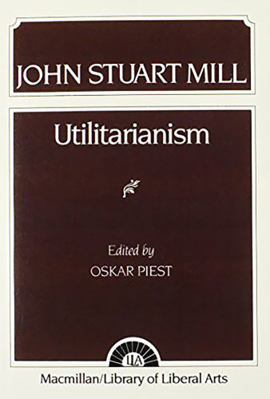
Mill: Utilitarianism

Utilitarianism
Utilitarianism is a work by John Stuart Mill now brought to you in this new edition of the timeless classic.



